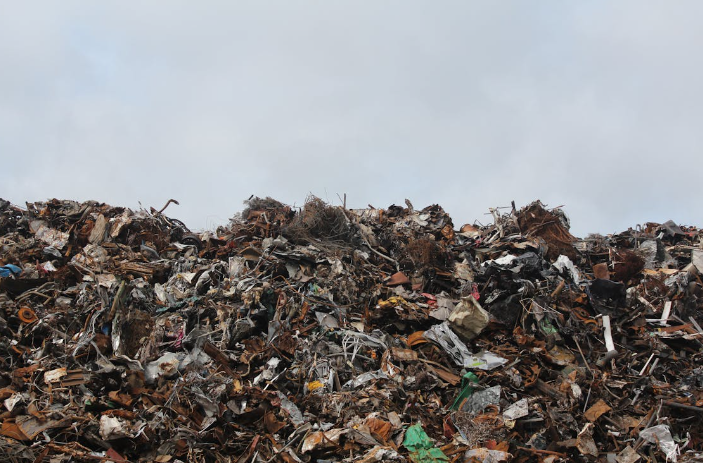Waste metal sellers develop strategy to Curb theft
By Noel.Wandera, May 23, 2024Scrap metal dealers are considering new ways of managing their products when they become waste. The initiative to implement end-of-life measures for products aims to enhance sustainability and combat the economic losses caused by vandalism, which are estimated to run into billions of shillings annually.
Scrap Metal Association CEO David Rono said the “end-of-life”, a term signifying the final stage in a product’s lifecycle when it is no longer sold or supported, presents an opportunity for repurposing. He said the organisation is advocating for the conversion of unused machines, such as vehicles, into valuable resources.
This strategy promises to invigorate the scrap metal industry, diminish vandalism, supply materials for construction, foster sustainability, and poten-tially reduce costs. He emphasised the untapped potential of dormant resources like unused vehicles, which, if effectively managed, could significantly lower construction expenses and establish a sustainable business model from what is currently considered waste.
Dormant resource
“We have a number of vehicles not being used in our backyards. This is a dormant resource. If harnessed through an effective system, we could cut down on construction costs, and create a sustainable business model from what is currently waste,” Rono said. Rono was speaking during a consumer dialogue forum focusing on vandalism on critical national infrastructure, organised by the Consumer s Federation of Kenya (Cofek).
By adopting the end-of-life process, Kenya can establish a legitimate value chain originating from discarded items in public spaces, thus minimising vandalism targets like traffic signs, copper windings, and railway clips, which find ready markets abroad. Vandalism has severe economic repercus-sions, particularly in the power and communication sectors.
During the event, Kenya Power Head of Security, Paul Njenga, reported that the company spent Sh200 million last year to replace 220 transformers targeted for their copper winding, aluminum and oil.
“The black market price of stolen copper winding stands at Sh1,700 per kilogramme while the cost to replace a single transformer ranges from Sh60,000 to Sh70,000,” he said. Rono disclosed that the scrap metal industry in Kenya is robust, with 811 dealers and 33 steel millers, 26 of whom are exporters.
Stricter regulations
The industry has seen remarkable growth, with export values increasing by 115 per cent from Sh4 billion in 2022 to Sh8.6 billion in 2023. Rono sees this as a significant business opportunity that warrants further development.
“This is a serious business that can go a long way. We need to create a case for the business,” he said. The industry faces challenges from the illicit scrap metal trade, which thrives on a value chain that starts with vandalism of public infrastructure.
Stolen metals are sold through a network of warehouses and yards, eventually being exported to neighboring countries.
Despite Kenya’s ban on scrap metal and battery exports, illegal activities persist, partly due to the lack of a regional anti-smuggling framework and the failure to revoke dealers’ licenses.
The association is calling for stricter regulations, including the revocation of trade licenses, to curb the trade in stolen metal and strengthen industry oversight. “By addressing these issues, Kenya can not only protect its infrastructure but also promote a sustainable and economically beneficial scrap metal industry,” Rono said.
More Articles

